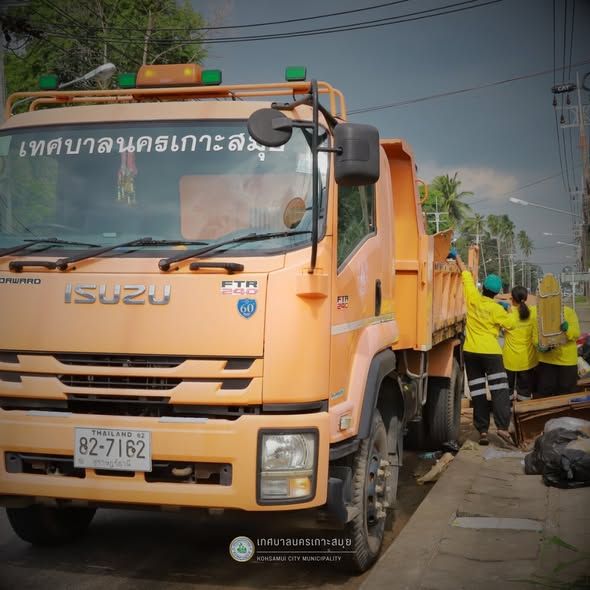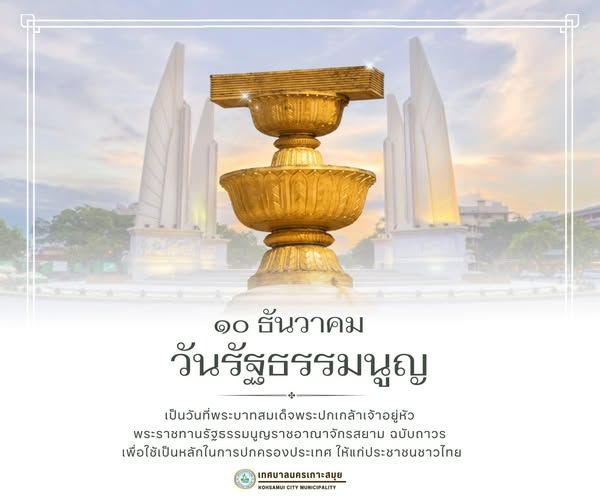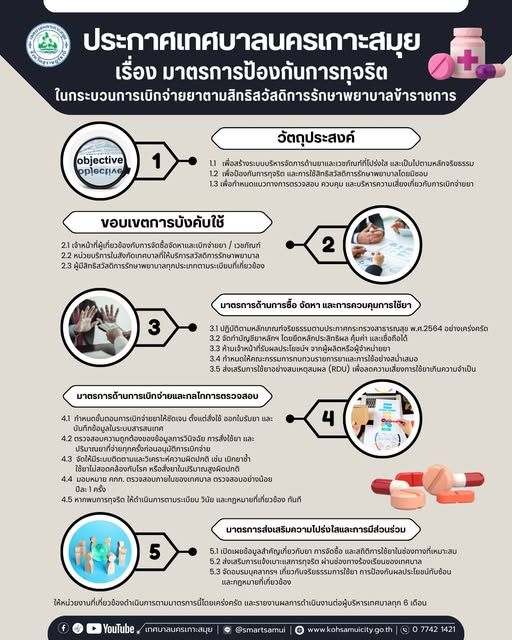Policy Introduction and Benefits
The proposed visa-free policy for Chinese visitors is expected to be discussed in the first cabinet meeting this week, emphasizing the government’s commitment to boosting tourism, one of the country’s major foreign exchange earners. With the new policy set to launch on October 1, major tourism provinces are preparing for a significant increase in Chinese visitors, who make up a large portion of international tourists.
The tourism sector has shown optimism regarding the policy, as it aims to give a much-needed boost to an industry that has been severely impacted by the Covid-19 pandemic. It is anticipated that the visa-free policy will remain in effect until the end of the high tourist season in the first quarter of the following year.
Chinese tourists represent the largest group of visitors to destinations like Phuket, with 60,000 last month followed by Russians and Australians. Last month, Phuket welcomed 300,000 foreign visitors.
Challenges for Immigration and Police
Despite the enthusiasm for the visa-free policy, Pol Col Thanet Sukkachai, chief of the Phuket immigration office, acknowledges that there will be additional work for state authorities. This includes managing increased workloads for tourist police, who are directly in charge of taking care of foreign visitors, and local police who assist with visa expiration or extension issues.
The Immigration Bureau (IB) has voiced concerns that the visa waiver could create a loophole for operators of call center gangs, illegal businesses, and other transnational crimes to enter the country. As a result, the IB’s workload will increase significantly as they attempt to apprehend such individuals.
Revitalizing the Tourism Sector
In Chiang Mai, state agencies are working to assess the strengths and weaknesses of local tourism, with the goal of creating more dynamic growth in the sector. Governor Nirat Pongsitthithaworn announced that tourism generated 63 billion baht in revenue for Chiang Mai in the first eight months of this year.
Measures to boost tourist confidence are also being implemented to counter negative images of Thailand on Chinese social media, particularly regarding safety concerns. The visa-free scheme is expected to accelerate the slow pace of Chinese visitor arrivals.
Kemchart Somjaiwong, honorary chairman of the Khon Kaen chamber of commerce, believes that the visa waiver would significantly contribute to the revitalization of the tourism industry, particularly as it coincides with China’s national day and the busy holiday season. However, he also stressed the need for tighter screening of visitors and encouraged promoting tourism in other provinces to distribute revenue more evenly.
Addressing Negative Publicity and Safety Concerns
Soratheproj Pojanarat, deputy spokesman of the Thai Sang Thai Party, urged the government and the Tourism Authority of Thailand (TAT) to rapidly address the negative publicity surrounding tourist safety issues in Thailand. He warned that if left unaddressed, the problem could have long-term detrimental effects on the tourism industry.
Adith Chairattananon, honorary secretary-general of the Association of Thai Travel Agents (Atta), cited 2017 figures from the World Travel and Tourism Council, stating that removing visa application red tape usually results in an 8.1% increase in travel, while a visa waiver could potentially double that number. He estimates that the visa-free policy could bring in an additional 500,000 to 700,000 Chinese visitors in the last quarter of this year.
Chattan Kunjara Na Ayudhya, TAT deputy governor for marketing communications, also mentioned that the planned visa-free policy has been well-received in China. However, he emphasized the need for efficient immigration management systems to prevent overcrowding at border check-in points.




